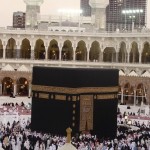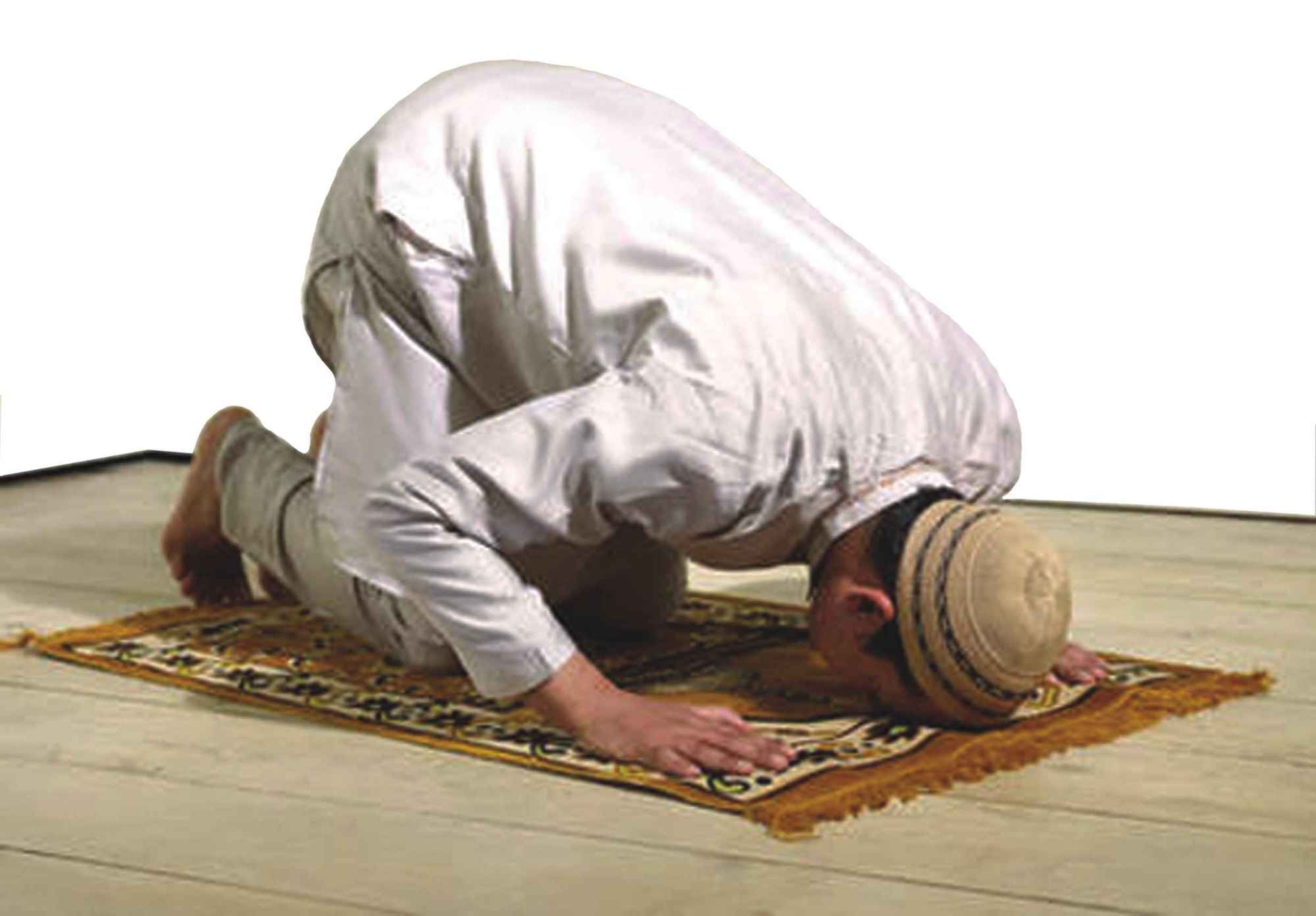 Salatu al-Witr is a prayer that can be performed at the time after isha’a (night-time prayer) till fajr (dawn prayer) to seek closeness to Almighty Allah, it is a confirmed Sunnah from the Prophet, Peace Be upon Him, but the one who does not perform witr prayer is not considered a sinner, but it is disliked not to perform it. The Prophet, Peace Be upon Him, said: “Allah the Exalted has given you an extra prayer which is better for you than the red camels (i.e. high breed camels). This is the witr which Allah has appointed for you between the night prayer and the daybreak.” (narrated by Imam Ahmed, Abdu Dawoud and Tirmidhi). The Prophet, Peace Be upon Him, forbade repeating the witr prayer in one night when He (PBUH) said: “There are no two witrs during one night” (Sunan Abi Dawoud).
Salatu al-Witr is a prayer that can be performed at the time after isha’a (night-time prayer) till fajr (dawn prayer) to seek closeness to Almighty Allah, it is a confirmed Sunnah from the Prophet, Peace Be upon Him, but the one who does not perform witr prayer is not considered a sinner, but it is disliked not to perform it. The Prophet, Peace Be upon Him, said: “Allah the Exalted has given you an extra prayer which is better for you than the red camels (i.e. high breed camels). This is the witr which Allah has appointed for you between the night prayer and the daybreak.” (narrated by Imam Ahmed, Abdu Dawoud and Tirmidhi). The Prophet, Peace Be upon Him, forbade repeating the witr prayer in one night when He (PBUH) said: “There are no two witrs during one night” (Sunan Abi Dawoud).
The Number of Ra’kahs in Witr Prayer
This prayer is called witr because it has an odd number of rakat prayed in pairs, with the final raka’ah prayed separately. Therefore, as little as one rakat can be prayed, and it has no limits, it can be increased. You can pray pairs of rak’ahs, then you finish with one separate ra’kah, according to the hadith by the Prophet, Peace Be upon Him: “Salat during the night should consist of pairs but if you fear that morning is near, then pray one rak’ah as witr.” (Bukhari and Muslim)
If the person praying performs five or seven raka’hs as witr, they should be continuous. He should utter the Tashahud at the last raka’ah then to say Taslim. Umm Salamah said: “Allah’s Messenger (PBUH) used to pray witr with five and seven rak’ahs which he did not separate with any taslim nor talk.” (Narrated by Ahmed)
It is recommended for the Muslim to end his day with the witr prayer and not pray after it even if he feels worried that he may not get up before fajr because Allah’s Messenger (Peace Be upon Him) said, “He who apprehends that he may not get up in the later part of the night, should observe the Witr prayer in the first part of it; and he who is certain to get up in the last part of it, he should observe Witr at the end of the night, because Salat at the end of the night is attended (by the angels), and that is better.” (Muslim, The Book of Prayers, Travelers)
Recitation of Qur’an in Witr
It was narrated from the Prophet, Peace Be upon Him, that He used to recite in the first raka’ah of witr Surat al-Alaa “Glorify the Name of your Lord, the Most High;” in the second; He used to recite Surat al-Kafuroun “Say: O you disbelievers!” and in the third Surat al-Ikhlas: “Say: He is Allah, (the) One.” It was narrated that Ubayy bin Ka’b said: “In the first rak’ah of witr, Allah’s Messenger (Peace Be upon Him) used to recite: “Glorify the Name of your Lord, the Most High;” in the second; “Say: O you disbelievers!” and in the third; “Say: He is Allah, (the) One.”
The Virtue of Witr Prayer
The Witr prayer has a great virtue, the Prophet, Peace Be upon Him, did not quit praying Witr even while he was traveling, it is narrated that the Prophet, Peace Be upon Him, said: “Only a believer who maintains the performance of Witr prayer.” Jabir reported Allah’s Messenger (Peace Be upon Him) as saying: “If anyone is afraid that he may not get up in the latter part of the night, he should observe witr in the first part of it; and if anyone is eager to get up in the last part of it, he should observe witr at the end of the night, for prayer at the end of the night is witnessed (by the angels) and that is preferable.”
knowingAllah.com

